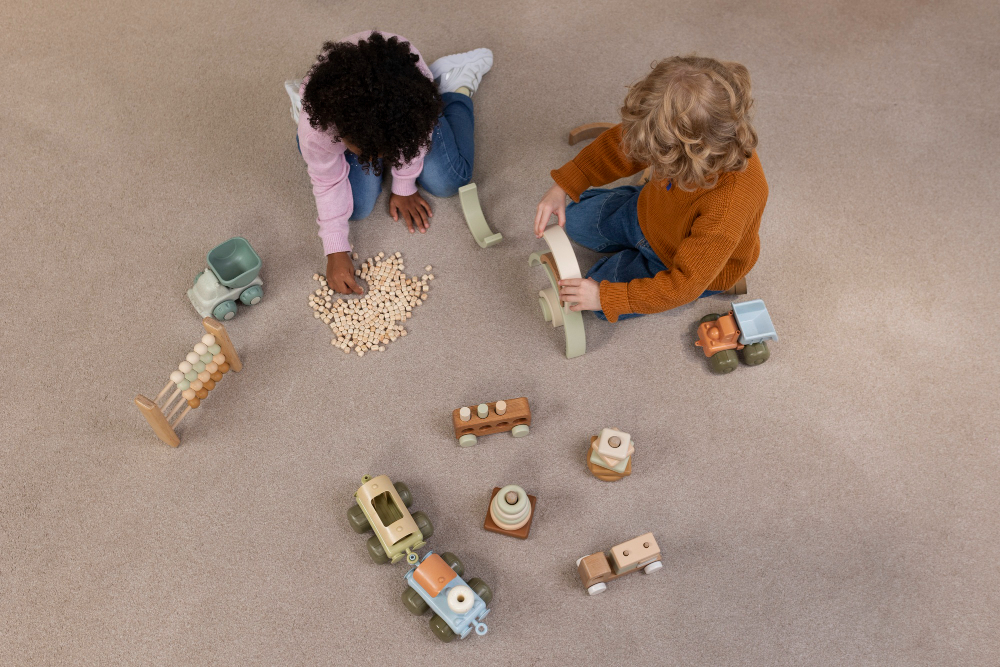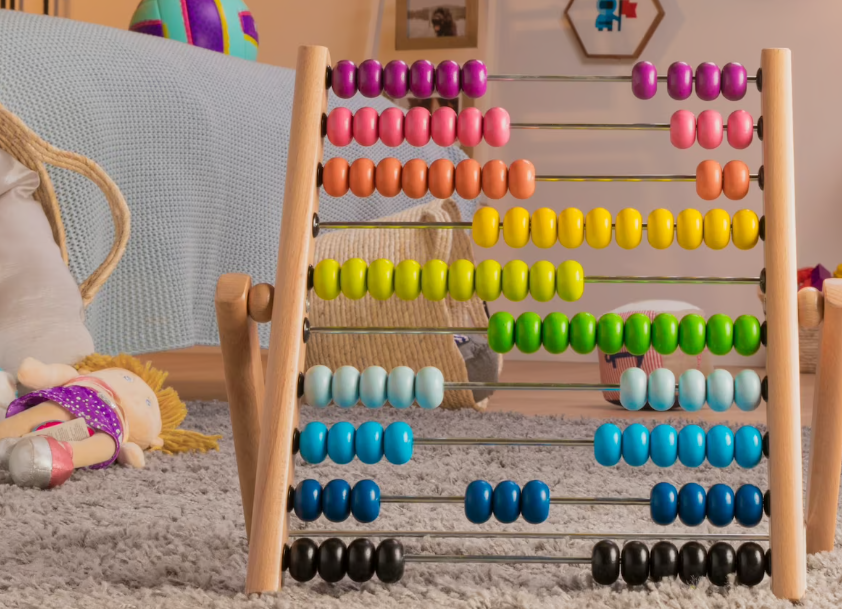Nursery in Glasgow – Games for Infants & Pre-Schoolers
As your infant transitions into an almost-toddler, they will require games that help develop her motor skills and encourage participation. These group games for infants and preschoolers also improve concentration and turn-taking.
One player establishes a rhythm (for instance, tapping heads and knees), then the others mimic it; this helps increase their ability to differentiate between various sounds.

1. Snowballs
Classic preschool games provide more than just entertainment for kids; they help children form friendships, burn off excess energy, and develop important skills. This simple winter activity is based on The Snowy Day by Ezra. Jack Keats works on number recognition while simultaneously improving fine motor and visual perception skills.
Assume a snowball fight from your book by cutting five circles out of white foam to represent its scene and writing numbers on each one with a marker. From red scrapbook or construction paper, freehand cut out a body shape resembling Peter’s, then glue or tape the heads to each body before adding orange pompoms for eyes and mouths as decoration. Set up your station with a basket of snowballs for some serious snowball fun!
This game can be enjoyed with large groups or just two players at a time. When using pairs, give each child one or more picture cards (several for an odd number of players), arrange them in a circle with enough room for one player to sit comfortably, and each take turns picking up and finding their matching snowball among those around the circle before moving it back into its spot.
Snowballs can also be used for math activities by placing different numbers on each card and asking children to add or subtract to match what’s written there. This helps children understand how different numbers compare (for instance, five is greater than three). Plus, it makes for an ideal activity in busy bags!
2. Guess Who?
Guess Who? is an age-old board game beloved by families for generations. Players attempt to identify their opponent’s mysterious person by asking questions that narrow down possibilities, demanding concentration, and teaching deductive reasoning skills in an entertaining and educational game experience for siblings or friends alike.
Guess Who: Find the Character I Have in Mind is a fun game to play with kids. This activity encourages them to observe and note the physical traits of different characters, such as physical features, clothing style, and accessories like hair colour or headgear. Furthermore, children learn the differences among various characters; their skin tones or features that distinguish one from another can also help.
This game helps kids develop descriptive language. This is particularly beneficial for nonverbal children who cannot articulate their emotions using words; these children can still communicate via yes-or-no questions about characters’ appearances.
Encourages turn-taking skills—an essential life skill—as well as providing a fun way to practise identifying and naming different animals and objects, which will assist with future reading and writing abilities.
One drawback of this game is its unbalanced portrayal of male characters compared to female ones, leading to gender bias against female players. This issue can be addressed by playing with an inclusive group; more diverse versions are also available on Amazon with both male and female characters as well as different levels of play for your child to enjoy.
3. Guess What?
Guess What is an old Glasgow nursery game that encourages both socialisation and active learning in children. It helps develop cognitive abilities such as logical thinking and fine motor coordination while teaching kids strategic thinking, which provides a great opportunity to cope with frustration when searching for answers to problems they can’t seem to find.
Guess What Card Game, part of our Activate: Games for Learning American English collection, provides students with interactive English language practise in a fun and low-stress environment. Featuring multiple card games suitable for younger and older learners alike, all children can join in the fun!
Musical Chairs is another timeless nursery game with tremendous educational value for children. This timeless classic helps kids learn how to work together and compete fairly in a competitive setting while also helping them let go of their desire for power and control. If played frequently enough, children will begin to recognise patterns in how others play it and use those strategies themselves when playing their own version, helping them become better friends who understand how to manage disappointment and frustration more gracefully.
4. Snowball races
Children at play develop essential skills through traditional nursery games like snowball-throwing or running around in a gym, from bonding with their peers and expending excess energy to learning problem-solving strategies and processes. Plus, these activities help prepare kids for future academic endeavours!
An indoor snowball race can also help get kids active on a cold day. Simply divide students into two teams of equal size, and then each bucket filled with cotton balls will be placed on one side of the room. Using spoons, members of each team will use them to transfer cotton balls between buckets using spoons; winning teams are determined by which side transfers more cotton balls successfully!
Duck, Duck, Goose When the temperature permits it, let kids enjoy an enjoyable game of duck, duck, goose outside. By crossing their bodies over midline while avoiding someone who acts as the “goose”, children must evade crossing it unknowingly.
Add another level to this game by having children pass balls around and, when instructed, change directions.’ This requires teamwork and coordination while building fine motor skills as well as practising colours. Plus, it helps introduce toddlers and preschoolers to colour words!
Nursery in Glasgow Facilities
Nurseries in Glasgow such as Kirktonholme may be the ideal location to help your childs development. It boasts an abundance of facilities suitable for children of all ages. Some facilities operate year round while others operate term time only; many are conveniently located close to public transport routes making them a convenient option for commuters.
The nurseries are welcoming environments where children are encouraged to explore and discover through play. Many rooms include outdoor play spaces where our younger visitors can participate in various outdoor activities no matter the weather! Staffed by qualified early years professionals with extensive knowledge and understanding of early years curriculum; regular audits conducted to monitor children’s development ensure each child meets his or her own individual needs.
At Kirktonholme nurseries, the philosophy is one of nurturing and providing for each child’s individual needs. The Nursery in Glasgow believes children learn best through play in a secure, stimulating environment where their creativity and independence can flourish. Parents are welcome to work alongside by providing information about their child in order to facilitate our shared efforts in supporting development.
At our small group of staff members, we pride ourselves on offering a highly personalised service, designed to meet the specific needs of each child in our care. Being non-profit orientated allows us to devote all resources towards providing excellent education and care services.
Finding a day nursery close to home will allow you to establish a routine for drop off and pick up, which will reduce stress levels for everyone involved. Walking or cycling children to their nursery sessions encourages healthy lifestyle choices at an early age.
There are various forms of childcare on offer, from private nurseries to state nursery schools. Nursery schools tend to focus more on educational goals than playgroups do and are usually run by either local authorities or private companies; Montessori or Steiner/Waldorf approaches may even be implemented at some nurseries. Conversely, playgroups tend to attract children from various families which makes them better for socialising than learning via pre-school activities – they are typically smaller sized environments with one adult overseeing no more than four kids at any one time.

Hey! I’m Jeri Wright. I have been a gamer since I fell in love with two plumbers called the Super Mario Brothers. Don’t hesitate to browse around my site and leave your comments on any of the pages. May the force be with you!
